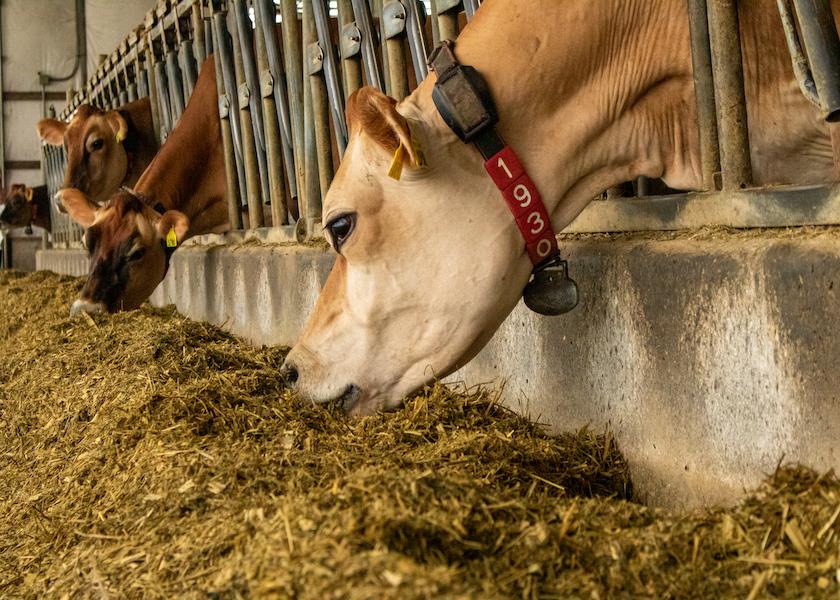Should Dairies Take out Heat Stress Insurance?

A new insurance concept is being launched to allow dairy producers around the world to financially insure against the production losses caused by heat stress.
Developed in Europe, “Heat Stress Protect” is the first-ever climate insurance product designed to help dairy farmers mitigate the economic losses – including milk production and quality; reproductive efficiency; cow health; energy; and labor – caused by extreme heat stress.
The Heat Stress Protect technology can be used as a stand-alone service, or be embedded into existing animal monitoring software. It automatically draws localized data from gridded, third-party weather sites. Calculations based on local Temperature-Humidity Index (THI) and an economic loss index, using formulas based on academic research, determine when payouts to farms are warranted.
The system alerts farmers when conditions are met to receive compensation at the end of the year. It also offers additional features that allow farmers to predict heat stress, manage it accordingly, and measure their adaptability to it.
The service is fully automated, involving no adjustors or claims investigators. According to its developers, “the reimbursements are transparent, as everything is driven by data and indexes. Payouts are automatically made at the end of the season.”
Since its debut last year, Heat Stress Protect already has been embedded into the Farmlife® herd monitoring system, and is thus monitoring heat stress conditions for more than 50,000 dairy cows in France. Introduction into the U.S. market is expected sometime this year, with an eventual worldwide reach planned.
The commercial project is a joint venture between global reinsurance company, SCOR; French digital farming company ITK; and parametric insurance specialist company, Skyline Partners.
A webinar explaining more of the products features and functions can be viewed here.







